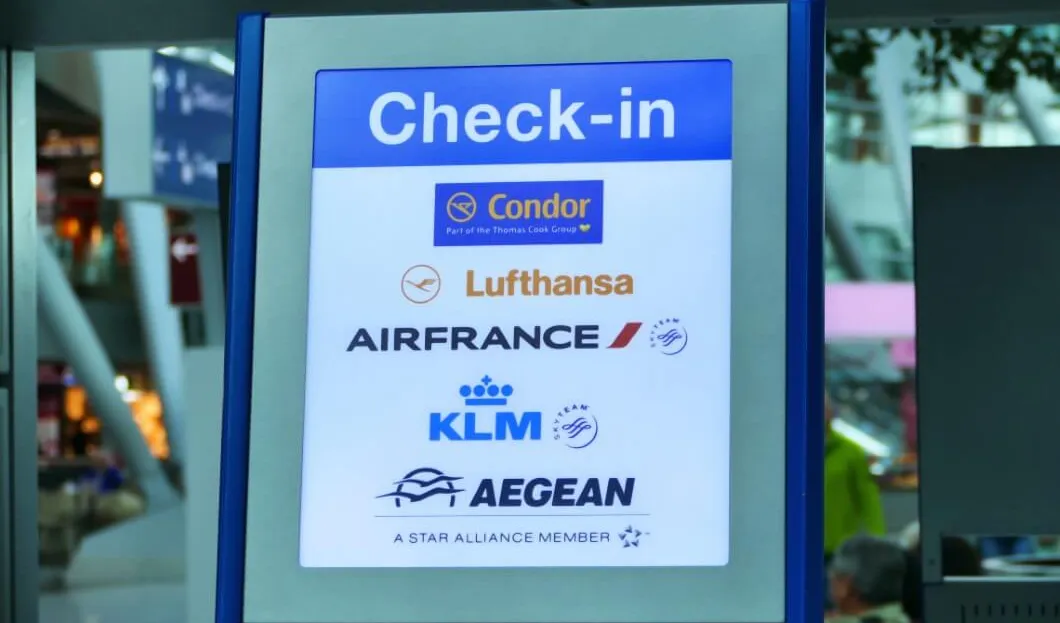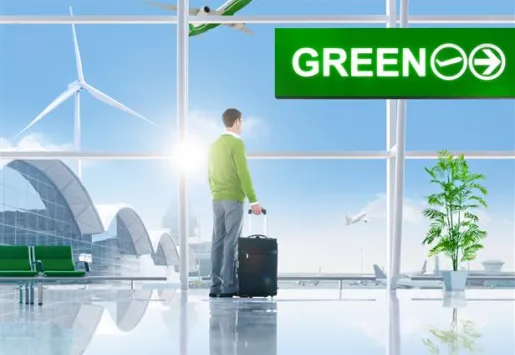
Analysts state that the Lufthansa-Air France-IAG triad will shape the future of European skies. These three giants will undoubtedly be the most influential players, with their latest partnership and acquisition operations either finalized or being defined.
Lufthansa is leading the way with a strong commitment to strengthening and expanding its affiliated and acquired air carriers network. These include Swiss, Austrian, Ita Airways, Brussels, Eurowings, Air Dolomiti, and soon also Tap Air Portugal and airBaltic (negotiations for the latter have recently started).
The second largest player is Air France-KLM, which is well underway in finalizing its operation with SAS.
Finally, the IAG Group, comprising British Airways, Iberia, Vueling, and Aer Lingus, had to abandon its plans to acquire Air Europa. This move would have allowed a strong presence in the profitable Latin American markets.
Regarding the number of allied airlines and growth potential, the Lufthansa Group is currently leading. Their annual revenues exceeded 35 billion euros in 2023. However, the real landscape is not limited to European skies; it extends to all the main markets in the long-haul connections sector, mainly the Americas and Asia-Pacific. This presents a challenge with two significant unknowns: the US airline giants Delta, American, and United, as well as the five large Chinese airlines. These Chinese companies have returned to expand their operations in Europe and other Western markets after the long pause of the pandemic, and their expansion strategy holds unpredictable developments.
It's tough to predict who will lead or even increase their market share in the next decade. European airlines face a significant challenge from low-cost companies Ryanair and Wizz Air, which have announced ambitious development plans. The industry's future is far from certain.
Finally, airport overcrowding is a significant concern. The popularity of the most crowded airports in Europe makes it challenging to secure new flight slots due to the lack of available time slots, increasing airline competition. Airports such as Schiphol in Amsterdam and Heathrow in London have already experienced challenges in dealing with passenger overloads. There are discussions about using smaller European airports as an alternative to support air traffic growth and address logistical challenges.












